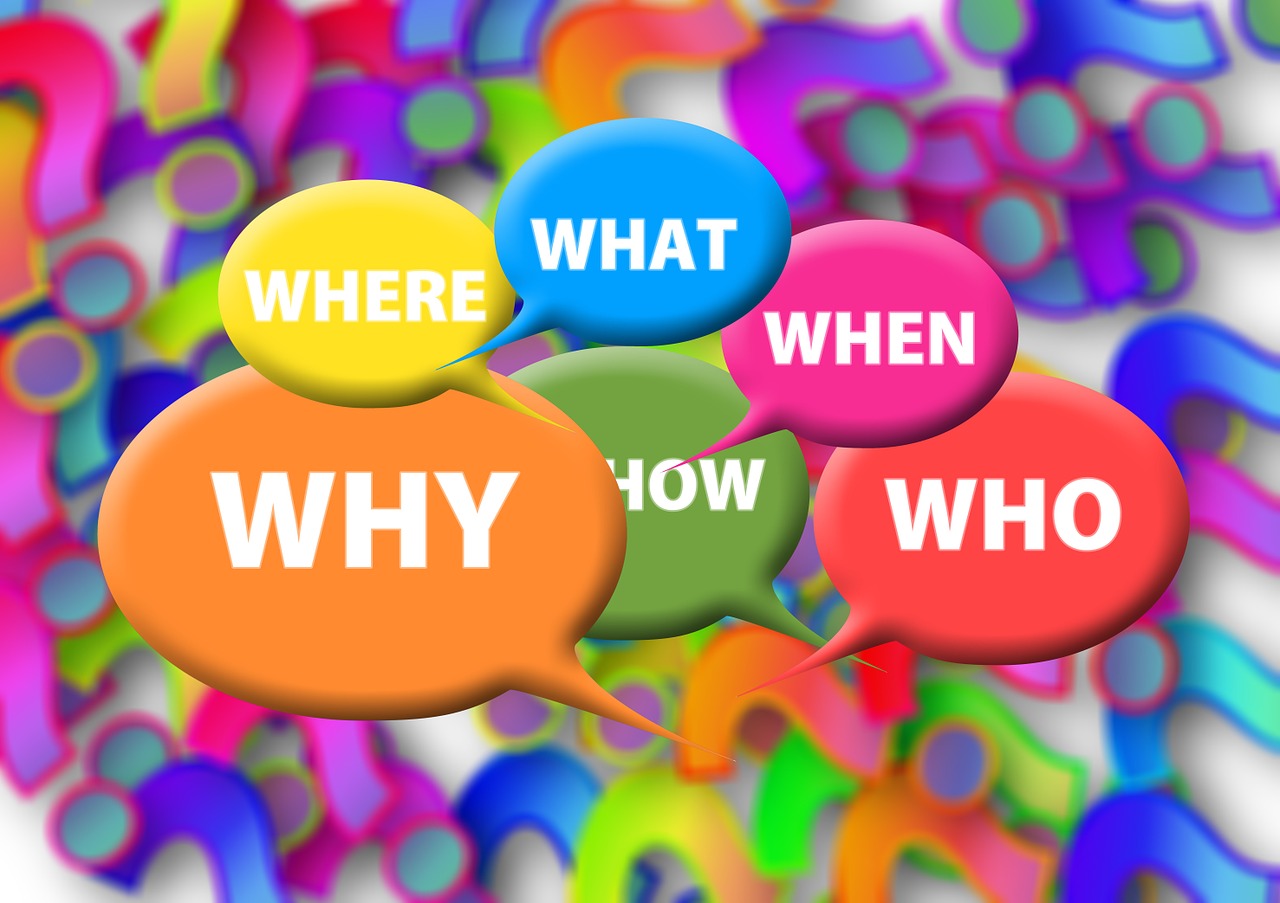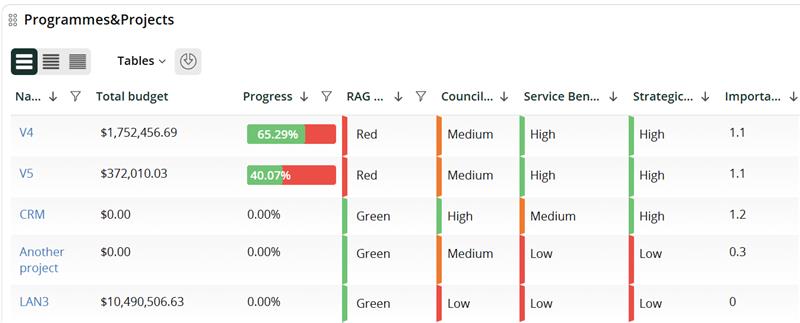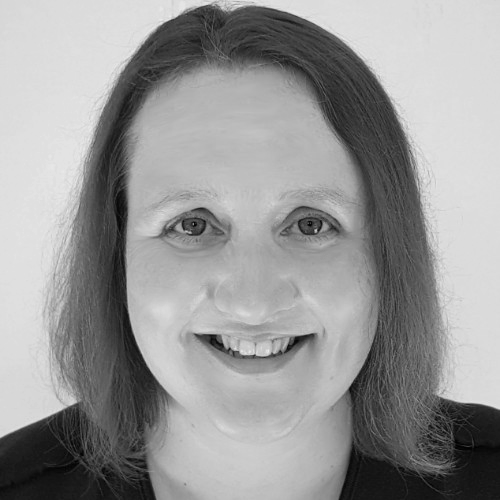
Who does what in a project?
Welcome to our new blog series ask a project manager, where I’ll be answering any portfolio, programme or project management related questions.
I’m Rhona Aylward, Deputy Everything Officer at Psoda and I’ve been involved with portfolio, programmes and projects for over 20 years. I’ve set up PMOs, been a project manager, worked as a subject matter expert, have been a sponsor and more.
You can submit questions via the comments section so ask away!
So let’s kick off with our very first question. It is:
What does everyone actually do?
I’m new to project management and I’m getting confused with all of the different project roles. I keep hearing things like Senior Responsible Owner, Business Analyst and Senior Supplier and I’m really confused. Can you tell me what they all mean please?
Like every industry, project management has its own unique vocabulary and it can take a while to get your head around all the different terms. It’s made more confusing by the same roles being called different things. So in no particular order
Sponsor
The first role is Sponsor. It can also be called the Senior responsible owner or the Executive
They’re the one person with ultimate responsibility for the project. They “own” the business case and it’s their job to see that the project delivers what it says it will. They also chair the project steering committee.
Business Analyst
The business analyst is a key project role. They’re responsible for documenting the project business case and gathering the project’s requirements. They work very closely with the project manager.
Project Manager
The project manager is responsible for delivering the project within the parameters outlined in the business case.
Stakeholder
This is someone, or a group of someones, who will be, or who think they will be, directly or indirectly affected by what the project is supposed to be delivering.
Senior Supplier
The senior supplier(s) represent the organisations or departments that are providing products or services to the project. They’re responsible for making sure the organisation or department they represent does what they say they will do. They approve supplier product descriptions and resolve any supplier related conflicts.
Senior User
The senior user is a representative of the people who will use the final product. Their role is to make sure that the users’ interests are heard and to help resolve any user related conflicts. They’re a member of the project steering committee
Team Manager or Work Package Owner
The team manager or work package owner is responsible for producing the products outlined in the work package. They receive the work packages from the project manager and then issue the work to the team members. They’re responsible for reporting progress to the project manager and attend stage gate reviews as and when required. They don’t go to the steering committee meetings
Steering Committee
A group of people that have been tasked with providing strategic guidance to the project and are there to support the project manager. They make sure the project stays on track and decide on any changes that are outside the pre-agreed tolerances.
Project Assurance
Project assurance are there to make sure that the project follows the correct procedures, the product(s) they produce are an acceptable quality and that it adheres to any applicable legislative or quality standards. They conduct regular health checks or quality audits at pre-agreed stages in the project’s lifecycle.
Customer
The last project role, but by no means the least one.
This is the person or group of people who commissioned the work and will use the end product.
These are the main roles you’re likely to come across in a project environment. There are more so if there are any titles you don’t understand let us know in the comments and we’ll add them.
Also, if you have any questions you’d like to ask a project manager please send them through in the comments below. Your question could feature in the next ask a project manager blog!
And always, if you’re looking for a fabulous PPM tool, check out Psoda. You can sign up for a free personalised demo here



2 Comments
Hi Rhona
I always find your posts very informative – thank you for writing them.
Could you please expand a bit on role sharing within a programme: which roles can successfully be carried out by the same person, and which roles should NOT be combined?
Also, looking for a useful distinction between Programme Manager / Lead vs Project Manager.
Hi Antoinette
Thanks for taking the time to comment on my blog, I’m glad you find it useful.
Great question!
The roles at a programme level are very different that the roles at a project level. At the programme level I’d be expecting to see a programme manager, a change manager, a finance person, a senior responsible owner, a programme coordinator and that’s about it, so combining them will be challenging.
You could get the programme manager to do the change management and the coordination but that person will be extremely busy and not very effective. I certainly wouldn’t be combining the finance role with anything else.
I have seen the programme manager being the sponsor and/or the business owner but in all honesty it hasn’t worked well as there is a real conflict of interest. You tend to find that they are wedded to their own way of doing things and champion that, rather than what is best for the programme.
You could however, combine some programme and project level roles. For example, instead of having project coordinators you could have a programme coordinator oversee all the projects and the programme. The same is true for finance, you could have a project finance person double up to the programme if needed.
I wouldn’t double up change management, as that could get very messy!
The difference between a programme and project manager can be quite subtle but in a nutshell:
Project managers are all about the day-to-day running of the project. They focus on the deliverables and balancing the time, cost and quality of the product being delivered. They live and breathe the various project registers, schedules, budget tables and resource plans
Programme managers on the other hand, have a wider view than project managers. It’s not about managing multiple projects – each project will have its own manager, it’s more strategic than that. They are all about managing dependencies, delivering programme benefits and communicating with stakeholders. Their view tends to be outward rather than inward. That’s not to say they’re not concerned about risks, issues and budget overruns. They are, but only if it affects the overall delivery of the programme.
I hope that answered your question.